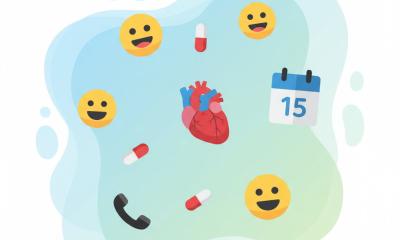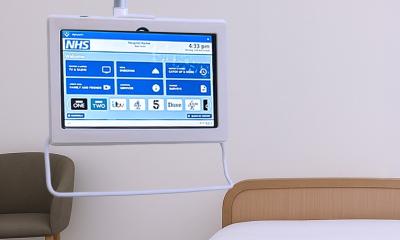Bringing Toyota production to the healthcare industry
In a widely publicised, groundbreaking report titled 'To Err is Human', issued in 1999 by the Institute of Medicine in the United States, the magnitude of unwanted deaths resulting from medical errors inside the hospital was uncovered.
Since then this has achieved much media attention.
According to the report, many of the mistakes would be preventable with electronic health records that would lead to more legibility of the doctors’ scrawls, allowing pharmacists to dispense the correct medicine. Moreover, electronic medical systems would permit a streamlining of the patients’ past and current medical and drug histories and lead to a more cohesive picture for the treating physician and perhaps reduce any errors ensuing from faulty or missing information. The Bush administration also seems to have embraced the idea and necessity of electronic medical records, although no legislation is in place to drive any swift and radical change.
Besides instituting widespread electronic medical records, the cure to the healthcare industry’s ailing efficiency may be found by looking at the example of a Japanese car manufacturer: Toyota. The car maker’s much admired ‘Toyota Production System’ seems to offer a solution if applied to healthcare, according to Professor Steven Spear, of Harvard Business School, who also works for the Institute of Healthcare Improvement in Cambridge, Massachusetts, also home to Harvard Business School. In a review in Harvard Business Review, September 2005, titled ‘Fixing Health Care from the Inside, Today’ he argues that the healthcare industry could not only save thousands of lives, but ‘billions of dollars’ if it were to emulate some of the factory-floor techniques developed by the Japanese manufacturer.
Some pilot sites in the healthcare industry have been implemented with a “learning unit” created at Deaconess-Glover Hospital in Needham, where case studies have been obtained. Additional sites are at Presbyterian and South Side Hospitals of the University of Pittsburgh Medical Center, Pennsylvania. Both the US government’s Centers for Disease Control and the private Robert Wood Johnson Foundation are providing support in this effort.
Why study Toyota? Steven Spear thinks that, by applying the same capabilities in operations design and improvement that drive the famous Toyota Productions System, patient care delivered by doctors, technicians and nurses could radically increase the efficiency of patient care, while lowering costs markedly, with no necessary capital investment. By applying what has been demonstrated by the lean production processes of the Japanese carmaker it shouldn’t be necessary to wait for sweping changes through legislation and market forces to occur inside the hospital system to assure improved patient care. These changes could be implemented in the course of a normal workday by clarifying what patient is to get which procedure, who is responsible for what aspect of the job, and exactly how each step is to be carried out.
Hospitals can be unburdened by many of the problems that lead to much waste and so many deaths by preventable errors. In the case series so far, the widely copied Toyota Production System has been shown to be effective in hospitals where the same capabilities in operations design and improvement are being used as in the making of a Toyota car. Basically, the changes involve getting rid of ambiguities in the output, responsibilities, connections and methods of work processes, and help save patient lives and dollars, according to Steven Spear.
So what are we waiting for?
01.07.2006





